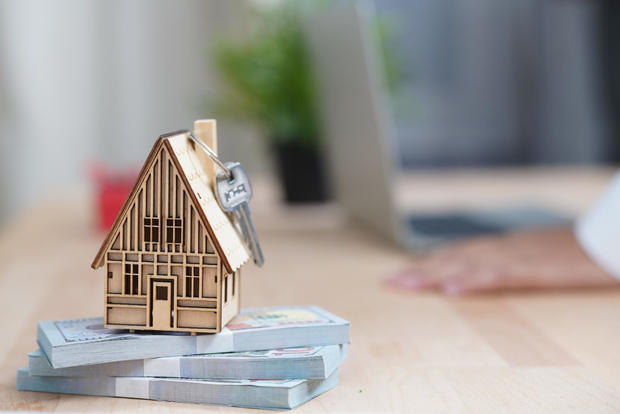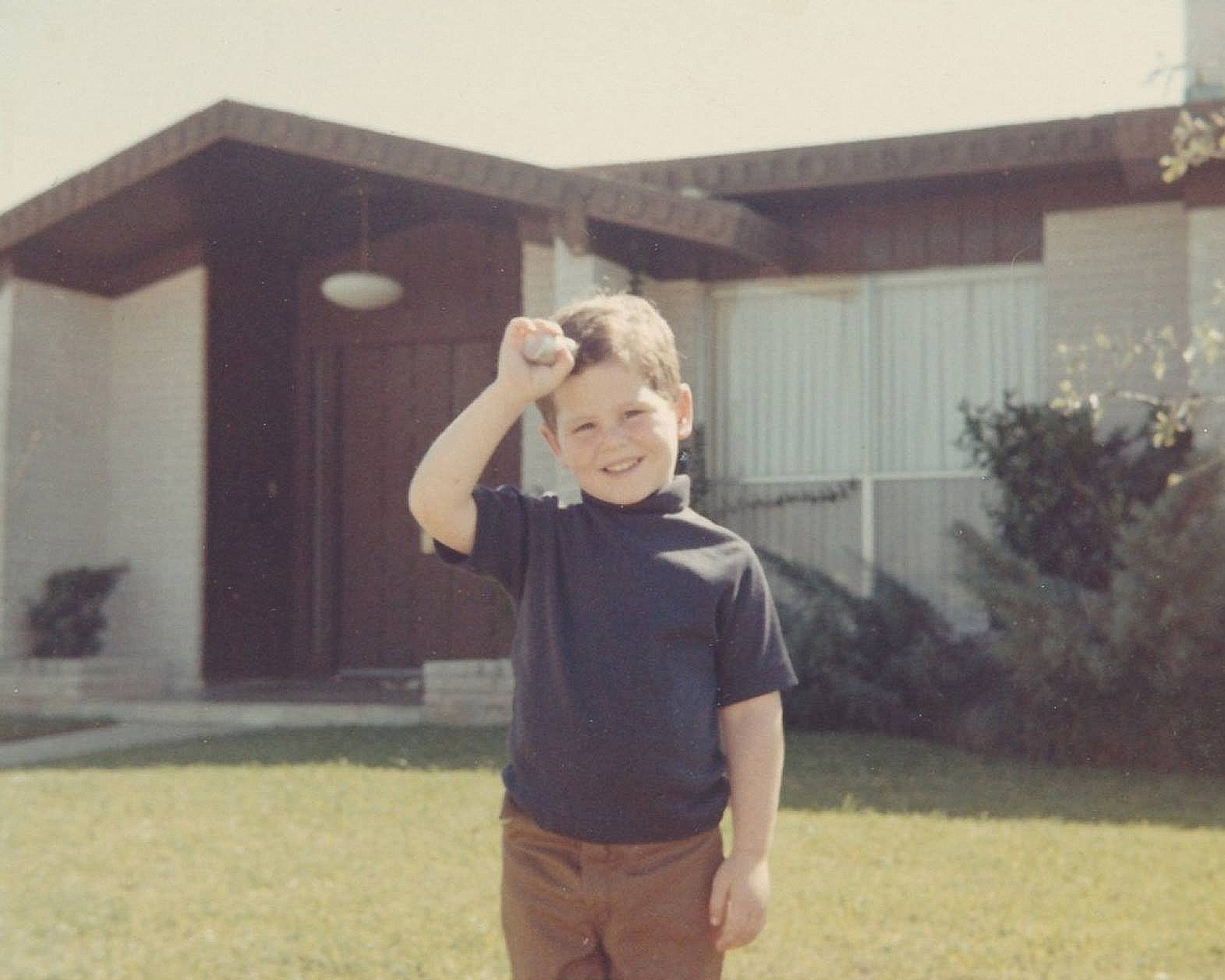How much cash can you get with a refinance?
When you take out a mortgage, such as a 30-year fixed-rate loan, that might seem like nearly a lifelong commitment. While you're certainly responsible for that debt, you're not necessarily locked into that particular loan. Instead, you can refinance your mortgage, which means replacing your old mortgage with a new loan. The funds from the new loan pay off the old debt, and you're left with the terms of the new mortgage.
So, you might refinance to switch from, say, a 30-year to a 15-year mortgage if you're in a better financial position to pay off your mortgage faster. By shortening the loan term, you might have higher monthly payments but a lower interest rate, which could save you money long term.
Another option is to do a cash-out refinance. With this option, you can borrow more money based on the equity in your home. This equity could have been built from payments you've made to pay down your mortgage principal and/or increases in your home's appraised value.
If you stick with your current mortgage, you might not see that equity until you eventually sell your home. But with a cash-out refinance loan, you can turn that equity into liquid funds. And in contrast to a home equity loan or a home equity line of credit (HELOC), a cash-out refinance gives you liquidity while replacing your old mortgage with a new one, rather than adding a separate source of debt.
You can start exploring your cash-out mortgage refinancing options online now or simply use the table below to get started.
Cash-out refinancing amounts
Typically, a cash-out refinance is limited to an 80% loan-to-value (LTV) ratio on a single-family home. In other words, your loan can't equal more than 80% of your home's value. However, this amount can differ based on factors such as the lender you choose and some of your own personal financial circumstances.
Also, while 80% might equal a certain amount now, e.g., $400,000 on a $500,000 home, that could change based on movements in real estate prices. The more home prices rise, the more you can generally borrow with a cash-out refinance, and vice versa. Also, the more you pay off your original mortgage, the more cash you can get out.
If your home hasn't appreciated in value and you've barely paid off any of your principal, then there would be very little equity to cash out. Instead, you'd essentially be doing a traditional refinance instead of a cash-out refinance.
So, you might wait until you've built up enough equity to take out a certain amount of cash for a given need. Not only might you want to refinance to get a lower mortgage rate when possible, but you also might want a certain amount of liquidity, such as to pay off high-interest debt or to make another investment where you need significant cash.
Keep in mind, however, that you're still responsible for paying back the full amount you borrow in a cash-out refinance.
Just because your home's gone up by, say, $100,000 in value, that doesn't mean you should take out that $100,000 to treat yourself to lavish purchases. You'll still have to pay that money back either by paying down the newly refinanced mortgage (which would be larger than your existing mortgage) or by selling your home.
You can quickly determine how much cash you can get here now or use the below table to get started.
Could a cash-out refinance be higher than an 80% LTV?
Depending on the lender's terms and your personal circumstances, you may be eligible for a cash-out refinance loan with an LTV above 80%. For example, if you've served in the military, you might be eligible for a larger cash-out refinance. The Department of Veteran Affairs (VA) backs loans for up to 100% of a home's value.
When could a cash-out refinance be lower than an 80% LTV?
While 80% is the standard maximum LTV for cash-out refinances, that doesn't mean you have to take out that much, nor would all lenders necessarily approve you for that amount.
If you have other forms of debt, that could affect your ability to qualify for a larger cash-out refinance. And if you're trying to get a cash-out refinance on a home that you use as an investment property, for example, you might face a lower maximum, such as 70-75%.
Freddie Mac, a government-backed enterprise that buys mortgages from lenders (thereby decreasing their risk), has limits on cash-out refinance mortgages for different property types, ranging from 80% for a 1-unit primary residence to 70% for a 2-4 unit investment property.
Other times, you might simply want a lower amount so that you're not paying interest on extra cash that you don't need right now.
See if a cash-out refinance is right for you
Many homeowners like the financial latitude that cash-out refinance loans can provide. But it's a big decision that you don't want to take lightly. If you're interested in a cash-out refinance, consider comparing your options for this type of loan versus other ways to access your home's equity, such as a HELOC. Then, see what makes the most sense in terms of interest rates, loan value, and any other factors that are important to you. You can get started online now by using the table below.




